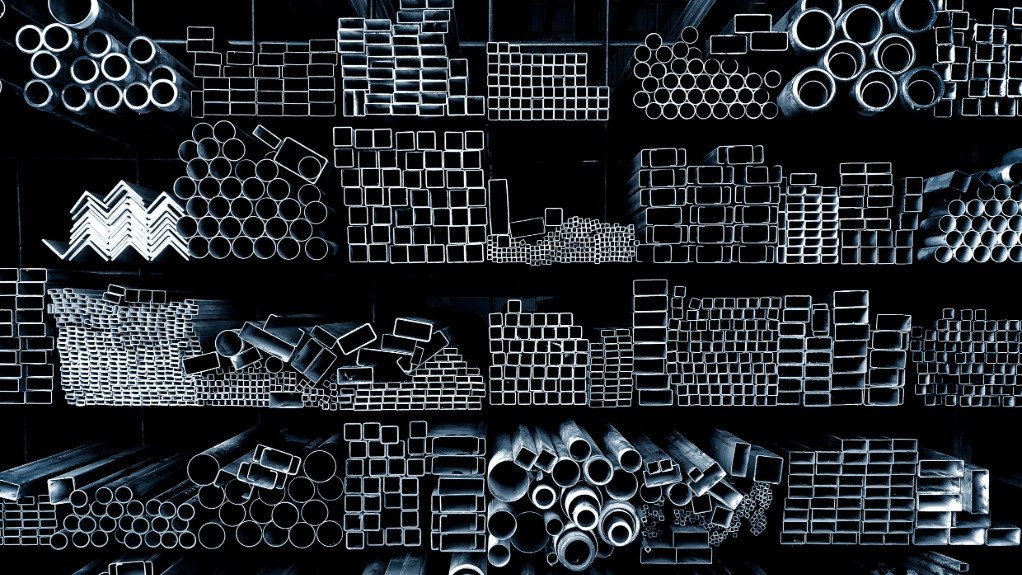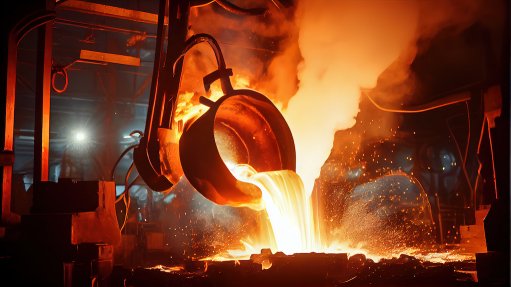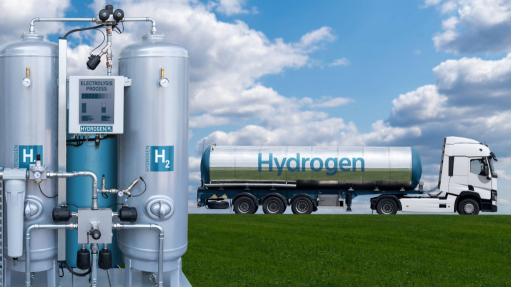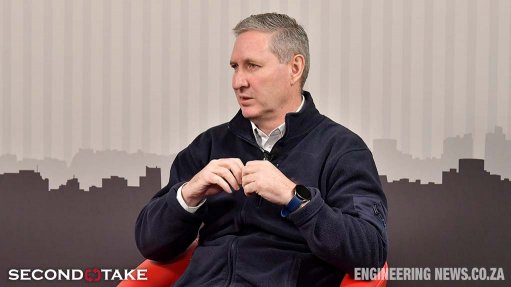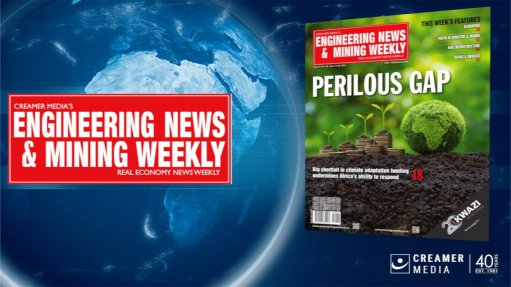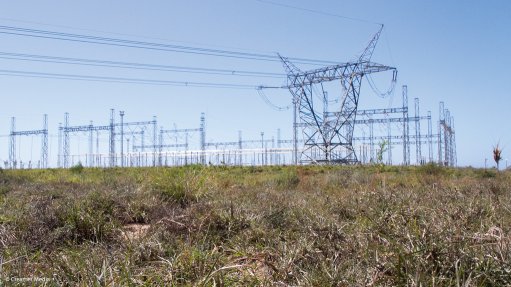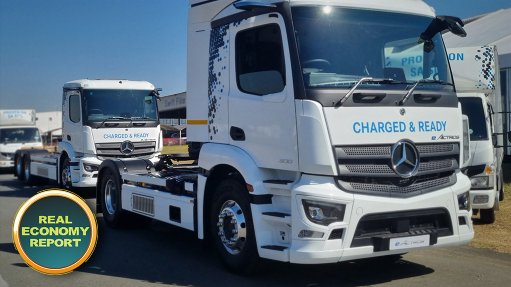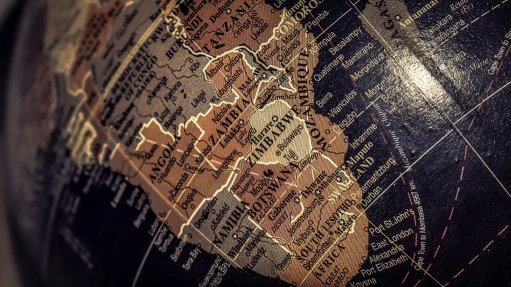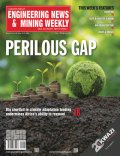Neasa asks Patel, Itac to stop imposing upstream steel import duties
The National Employers' Association of South Africa (Neasa) says government’s duties on imported steel only serve to support ailing primary steel producer ArcelorMittal South Africa (AMSA).
Neasa said the duties would not only fail to save AMSA in the long run, but were also gradually eroding the entire steel industry.
In a letter addressed to outgoing Trade, Industry and Competition Minister Ebrahim Patel, Neasa CE Gerhard Papenfus stated that the closure of Saldanha Steel and the possible closure of Newcastle Steel Works were examples of AMSA’s steady decline despite government having imposed import duties since 2015.
Additionally, AMSA has become a high-cost producer, with costs of production only poised to increase since it is using a 60-year-old mill.
Neasa states that, as long as AMSA receives protection, through import duties for example, the downstream steel industry will continue to shrink and AMSA will be subject to being a low-priority investment destination for its parent company, ArcelorMittal International.
Papenfus is calling on government to reverse this “protectionist strategy” and increase competition by allowing the steel industry downstream access to cost-effective raw material.
Neasa finds that the steel industry has contracted by 25% since 2015 when the first duties were introduced.
The organisation admits that scrapping import duties will pose challenges; a transition from being compelled to only buy uncompetitive raw material from AMSA, to sourcing price-competitive raw material globally, will be disruptive, but far less so than the gradual demise of an entire industry.
Neasa ultimately called on Patel and International Trade Administration Commission of South Africa (Itac) chief commissioner Ayabonga Cawe to reconsider the introduction of the duties implemented in December 2023 and February this year, and to reject AMSA’s application to reintroduce safeguard duties on hot-rolled products.
OTHER VIEWS
Local manufacturer of modular farming solutions Tal-Tec said South African suppliers had to compete directly with Chinese products when exporting into Africa, with China not facing the same protectionist duties afforded AMSA as an obstacle.
It said it would be helpful to local producers if tariffs were applied to finished goods and not raw steel imports, as well as nuts and bolts.
Tal-Tec said a more modern, efficient and cost-competitive steel industry in South Africa would be able to compete in the global market, but this needed tariff policies that favoured local goods manufacturers – small and large – not just one raw steel producer.
The Southern Africa Coil Coaters Association agreed that tariff structures should promote local industrialisation by having higher tariffs for downstream manufactured products and lower tariffs for upstream input products. This would enable domestic manufacturing industries to import input material at competitive prices while being protected against imports of finished products, it argued.
The association echoes Neasa’s sentiment that the current tariff structure is disincentivising domestic manufacturing and value addition.
The Steel and Engineering Industries Federation of South Africa has been cited as saying there is a need to protect the local steel industry and import rebates should be applied on products that the local industry cannot supply.
AMSA, in turn, has historically rebuffed vociferous calls for the elimination of safeguard duties, saying there are supply chain vulnerabilities associated with being overly exposed to imports.
Itac has expressed how dumped steel products from China are materially harming the Southern African Customs Union and how the commission generally aims to have the whole steel value chain be economically viable and sustainable.
Comments
Announcements
What's On
Subscribe to improve your user experience...
Option 1 (equivalent of R125 a month):
Receive a weekly copy of Creamer Media's Engineering News & Mining Weekly magazine
(print copy for those in South Africa and e-magazine for those outside of South Africa)
Receive daily email newsletters
Access to full search results
Access archive of magazine back copies
Access to Projects in Progress
Access to ONE Research Report of your choice in PDF format
Option 2 (equivalent of R375 a month):
All benefits from Option 1
PLUS
Access to Creamer Media's Research Channel Africa for ALL Research Reports, in PDF format, on various industrial and mining sectors
including Electricity; Water; Energy Transition; Hydrogen; Roads, Rail and Ports; Coal; Gold; Platinum; Battery Metals; etc.
Already a subscriber?
Forgotten your password?
Receive weekly copy of Creamer Media's Engineering News & Mining Weekly magazine (print copy for those in South Africa and e-magazine for those outside of South Africa)
➕
Recieve daily email newsletters
➕
Access to full search results
➕
Access archive of magazine back copies
➕
Access to Projects in Progress
➕
Access to ONE Research Report of your choice in PDF format
RESEARCH CHANNEL AFRICA
R4500 (equivalent of R375 a month)
SUBSCRIBEAll benefits from Option 1
➕
Access to Creamer Media's Research Channel Africa for ALL Research Reports on various industrial and mining sectors, in PDF format, including on:
Electricity
➕
Water
➕
Energy Transition
➕
Hydrogen
➕
Roads, Rail and Ports
➕
Coal
➕
Gold
➕
Platinum
➕
Battery Metals
➕
etc.
Receive all benefits from Option 1 or Option 2 delivered to numerous people at your company
➕
Multiple User names and Passwords for simultaneous log-ins
➕
Intranet integration access to all in your organisation



